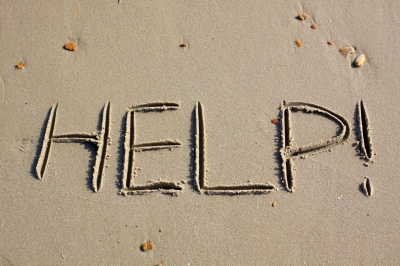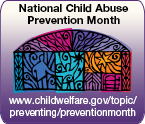1. Gratitude can help build relationships. Thanking people leads to more ongoing and longer-lasting relationships. It can also build more opportunities in a work environment.
2. Gratitude can improve physical health. According to an article in Forbes, gratitude is proven to decrease aches and pains.
3. Gratitude will always improve mental health. Gratitude can help you to manage your emotions by increasing happiness and decreasing feelings of depression or sadness.
4. Gratitude can help you sleep better. As seen in the same article in Forbes, spending 15 minutes before bed can can help you sleep longer and better.
5. Gratitude improves self-esteem and self-confidence. Focusing more on others and being more appreciative actually takes the focus off of yourself which increases and builds self-confidence.
6. Gratitude increases your lifespan. Due to all the physical and mental benefits, being more grateful can actually lengthen and add years to your life.
7. Gratitude can help build energy levels. People who are more grateful tend to have more energy, exercise more and give you that extra boost that you may be in need of.
8. Gratitude is linked with a better immune system. An article in Huffington Post identifies research through WebMD that states gratitude will help you be more healthier overall and help fight diseases.
10 Reasons Why Gratitude Is Healthy
The 31 Benefits of Gratitude You Didn't Know About: How Gratitude Can Change Your Life
7 Scientifically Proven Benefits Of Gratitude That Will Motivate You To Give Thanks Year-Round








 RSS Feed
RSS Feed
